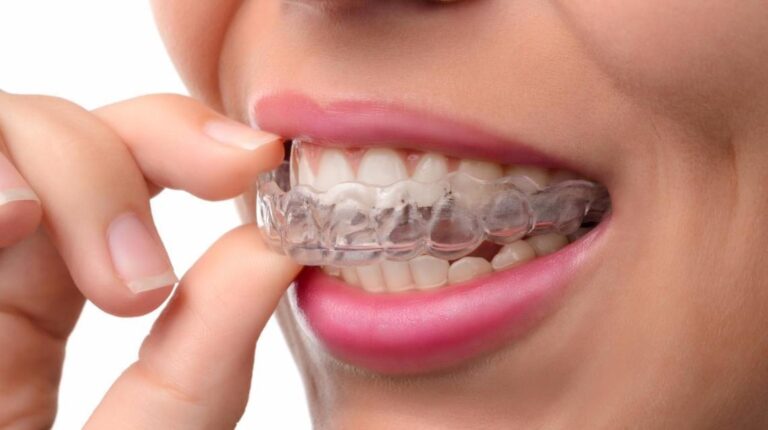Braces can be applied for at any age. While changing your mouth and jaw during childhood is ideal, more people than ever receive orthodontic treatment to fix orthodontic disorders such as missing or crooked teeth and produce a beautiful smile.
Although some orthodontists may claim an age limit, most prefer that you have at least some permanent teeth before beginning treatment. However, each instance is unique. You can get help with Orthodontics in San Pedro, CA, by consulting a dentist today.
Is there an age limit to get braces?
Simply said, there is no upper age restriction for getting braces. The American Association of Orthodontists states that a substantial number of patients over 18 have dental braces fitted every day. Dental practitioners often simply require permanent teeth and a healthy jaw bone. Adults who want braces to address tooth misalignments should read on for additional requirements and alternatives to wearing typical metal braces.
Getting braces as an adult
While young patients just require a full set of permanent teeth to be fitted with dental braces, adults must satisfy additional requirements to have the same success with braces.
- Strong jaws and teeth are important.
Adults can still be fitted with dental braces if they have a normal jaw bone and a healthy set of teeth. Orthodontists and other professionals prescribe this to avoid problems such as jaw problems, gum disease, and tooth decay.
- Some misalignments can be complicated.
Adult teeth have reached the point where they no longer grow, making correction of more intense misalignments more difficult. Some structural changes are impossible with braces alone, and orthodontic therapy may necessitate oral surgery to attain the same outcomes as a kid or teenager. Of course, situations differ from one another and are not usually the consequence of a person’s age.
- More than orthodontics may be required for your treatment.
Adults seeking orthodontic treatment may discover that additional tooth disorders must be addressed before braces may be put. For example, if you are at risk for gum disease or it is discovered that you currently have it, you may be sent to a periodontist. If you have neglected your oral hygiene as an adult, you may also require a root canal, filling, or other dental treatments in preparation for braces.
Despite these restrictions, studies have shown that repairing adult teeth with braces is often just as effective as fixing younger teeth. The high success rate is due to adults’ propensity to follow the advice and directions of their dentists, orthodontists, and other medical experts. Adults who want braces often practice better dental hygiene than those who do not desire a nice smile.


Comments are closed.